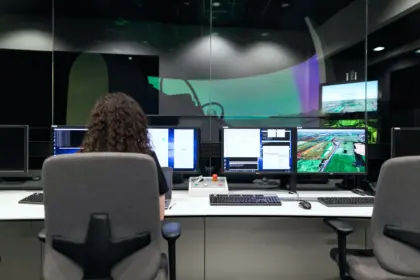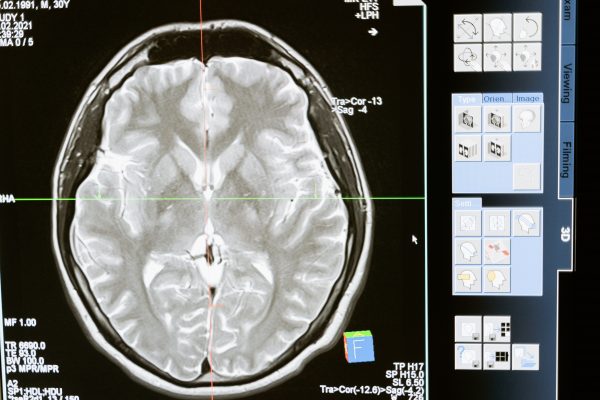What’s the Difference between ERP and CRM Systems?

You’ve likely heard the terms CRM (customer relationship management) system and ERP (enterprise resource planning) system before. They’re commonly used software tools for many types of businesses, including manufacturing companies. Do they do the same thing? If not, what’s the difference between them and should you have both?
Actually, the two systems are similar in many ways. The differences, however, are in their core functionalities. Both ERP and CRM systems are valuable business solutions that improve both revenue and productivity, so let's take a look at each one.
What is a CRM system?
As stated before, CRM stands for customer relationship management. These systems record and store data and information about customer interactions, behavior, etc. This data is then standardized so it can be shared throughout the company in real time.
This sounds interesting, but how is it useful to an organization? Let’s take a look at an example.
Let’s say a potential customer calls in and speaks with a salesperson. All the important information from that conversation goes into the CRM. When this happens over and over again, patterns within all of the customer data begin to show. The marketing team can then use this data from the CRM to craft highly convertible campaigns, emails, and targeted advertising. The right CRM system will even allow an organization to segment every aspect of their customer experience.
This example just scratches the surface of CRM capabilities, though. CRM systems can also use customer data to create sales projections, manage invoicing, create a nurturing sales funnel, and even manage communications with customer service. All of these abilities have a huge impact on improving operations efficiency, increasing sales, and saving on expenses such as marketing and advertising.
Here’s an overview of some other features of a CRM:
- Manage marketing campaigns
- Automate sales funnels
- Improve customer service and support
- Identify new prospects and leads
- Analyze purchasing patterns and identify new opportunities
- Streamline the overall sales process
What is an ERP system?
Now that we know what a CRM system does, how is that different from an ERP system?
Well, both a CRM system and an ERP system are software tools that create more efficient business processes. The difference is that while a CRM focuses on sales and customer interactions, an ERP is integrated across multiple departments within an organization.
Basically, an ERP system is a hub that manages specific processes within a business. This allows people in the company to obtain standardized information from any department in real time, and even be alerted if any issues occur.
This greatly increases the efficiency of operations in a company so that its employees can focus on more important things like data. Also, with the standardization of the information and the streamlined processes, there are less errors and companies can make better business decisions.
Below are some other key features of ERP systems:
- Send out alerts to designated people about issues or errors
- Manage business process information in real time
- Track supply chains
- Manage important internal employee information such as benefits, payroll, etc.
- Implement strategies across the entire organization
- Manage the hiring process
- Process orders
So, you can see that although both systems aim at making businesses more efficient, how they do it is quite different. It’s optimal for companies to utilize each system, but which one to start with depends on your specific objectives.
If you’d like to chat more about ERP and CRM systems, click the button below. We can strategize to help you make the best decision.
Contents
Tags
Next Article
